Nonius is a technological solution project conceived by Fèlix Casanellas, who won the m4Social Inclusive Housing Challenge. In this interview he tells us about the project and his views on how technology can help society.
What is Nonius?
Nonius is a project I presented at the m4Social, with the goal of accompanying people living in dwellings belonging to social organisations. The main goal of Nonius is to improve communication between people who need to be accompanied and the organisations managing the dwellings. Nonius allows organisations to have virtual communication dashboards to communicate with the people living in these flats.
How does it work?
For the proposal I designed, I came up with four types of basic contents that organisations and users can find handy: personal messages, appointments, tasks and cards. Appointments are reminders for people, for instance if they have an appointment with an occupational service or with the doctor. The difference with the tasks is that there is no end date. Cards are an element to motivate people: it may be used, for example, to send a greetings card or an invitation for other users to see a project that has been done by a person who wants to show it with pride. It is sort of like Instagram.
Organisations can create groups of users, since some organisations have shared accommodation. Therefore, if an organisation wants to post a message on the board, they can define if it is an individual message or whether it is for the whole group of people living in that dwelling.
So, we could say it’s like a social network?
Not exactly… It’s like an application that facilitates both-way communication between the user and the organisation, except that in some cases the communication can be to a whole group living in a shared dwelling.
What made you participate in m4Social?
I’ve always tried to get technological projects I work with to solve a social issue or to involve educational projects. Projects that can improve people’s living conditions. m4Social comes with this challenge. It’s interesting because it isn’t a hackathon, where you work with very open challenges. In this case, m4Social already had contacts with social organisations that needed solutions to their needs.
So, from a personal perspective, what should be the relationship between new technologies and society?
Technology, right from the start, appears because someone has a problem or a need. And technology can meet this need. Therefore, it makes sense for technology to solve people’s problems. We can also use technology for fun, but what’s most important is that technology must solve people’s problems.
Coming back to Nonius, how much time did you spend thinking about its design?
Within the calendar of the m4Social, in mid-December there was a working session. Since then and until now, I have contacted organisations to identify their needs. During all this time, I have been talking to the team at m4Social. After these months, I now have a demo. So, what I have now is only a demo of the application with a structure and some defined options.
Which will be the format for this application? Web page, mobile application…?
One of the nice things about the project is that all the code is independent. This means that the code on the server is completely independent from the device where it’ll be used. The application could even be used on a smart TV, since it is a device that is common to everyone living in the shared accommodation.
There will be a web space for organisations to manage the messages correctly as well as the dashboards of users.
When will Nonius be available?
Our schedule now is to have more meetings with other organisations so as to fine-tune the functionalities on Nonius and add other ones that may be needed. Maybe It’s too soon to say, but we could have a pilot test of the application for some of the organisations before the summer.
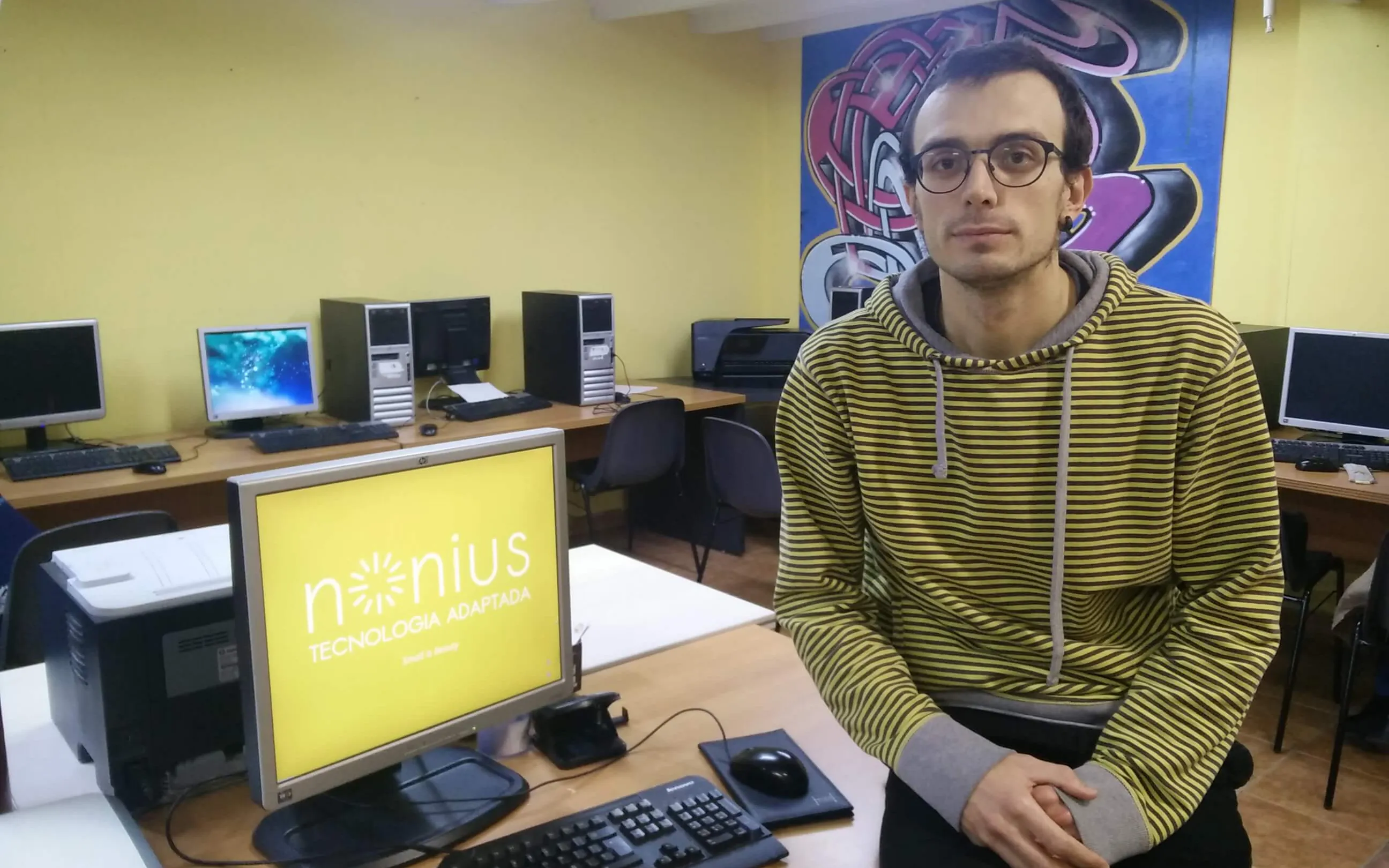
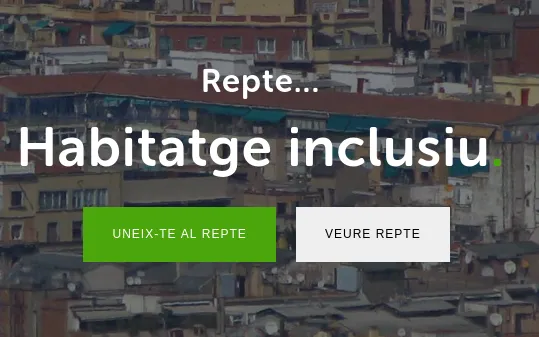
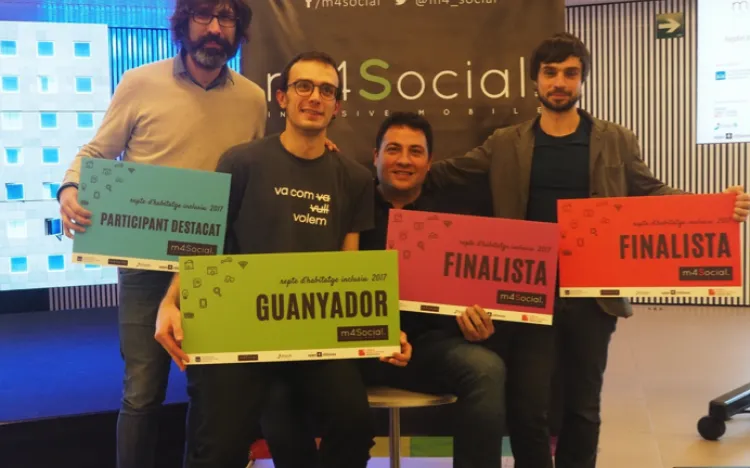

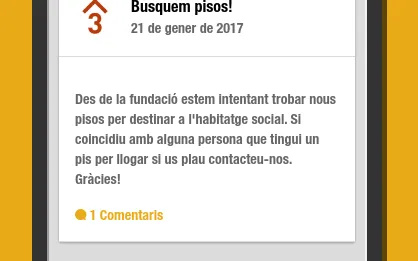



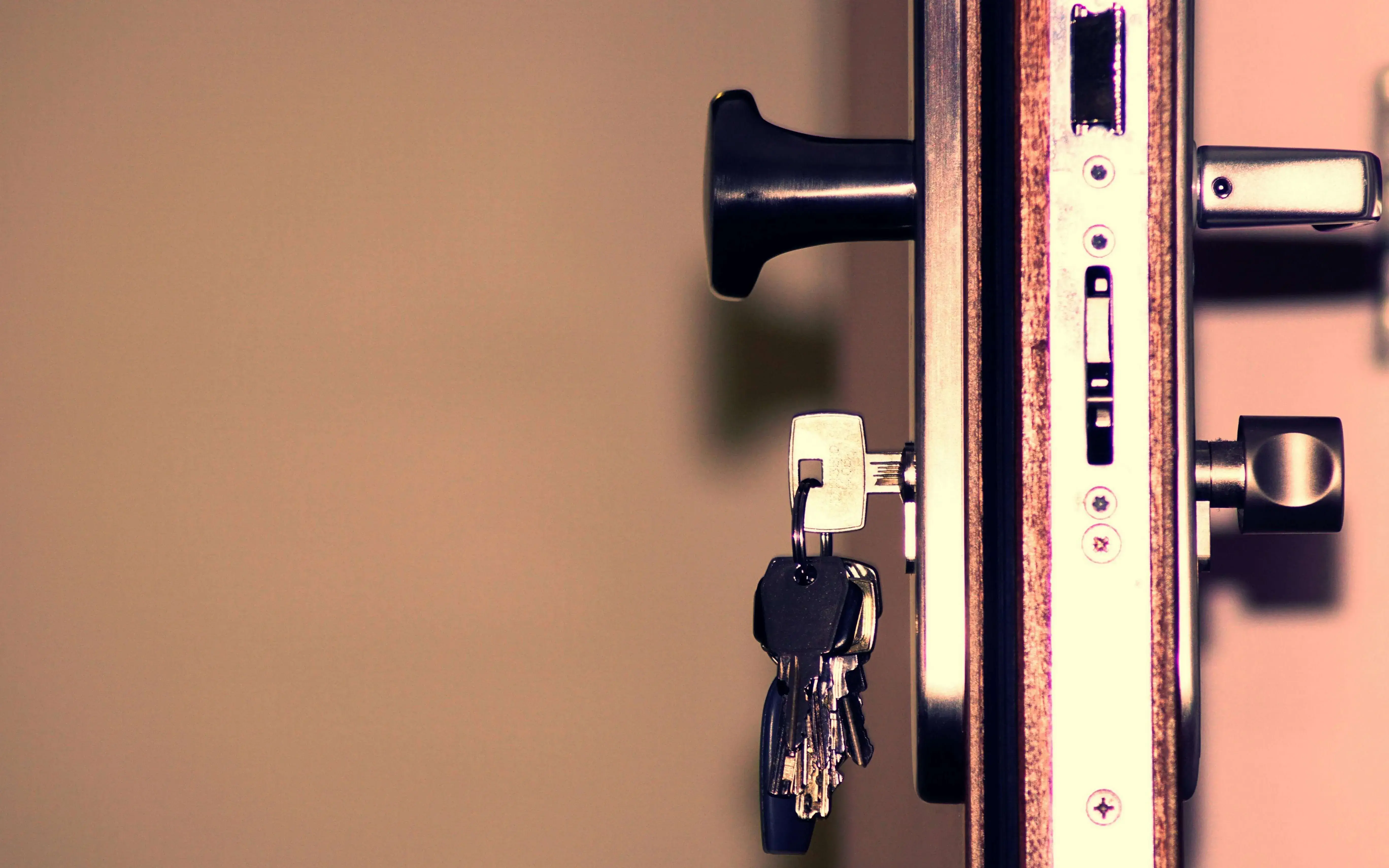
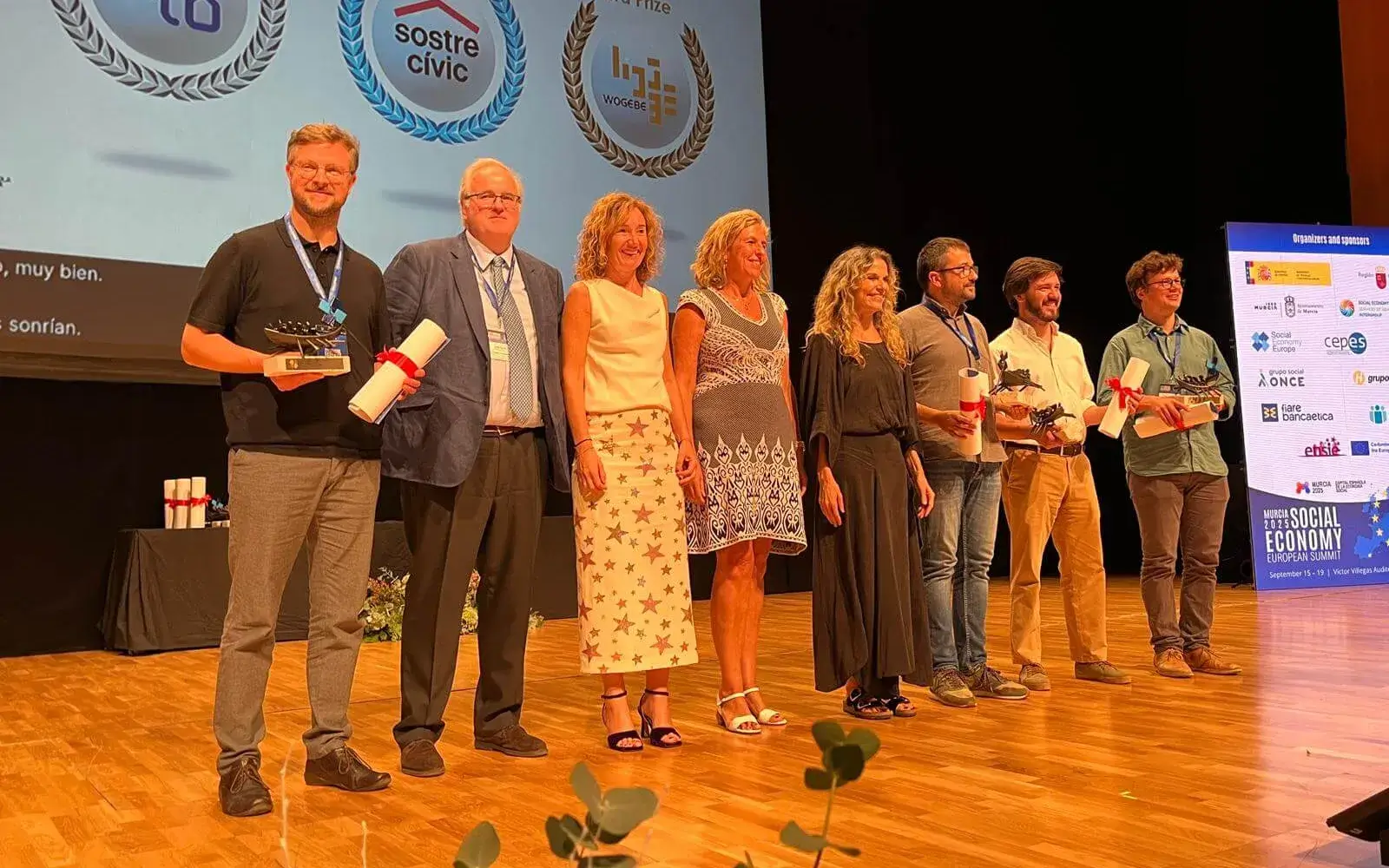
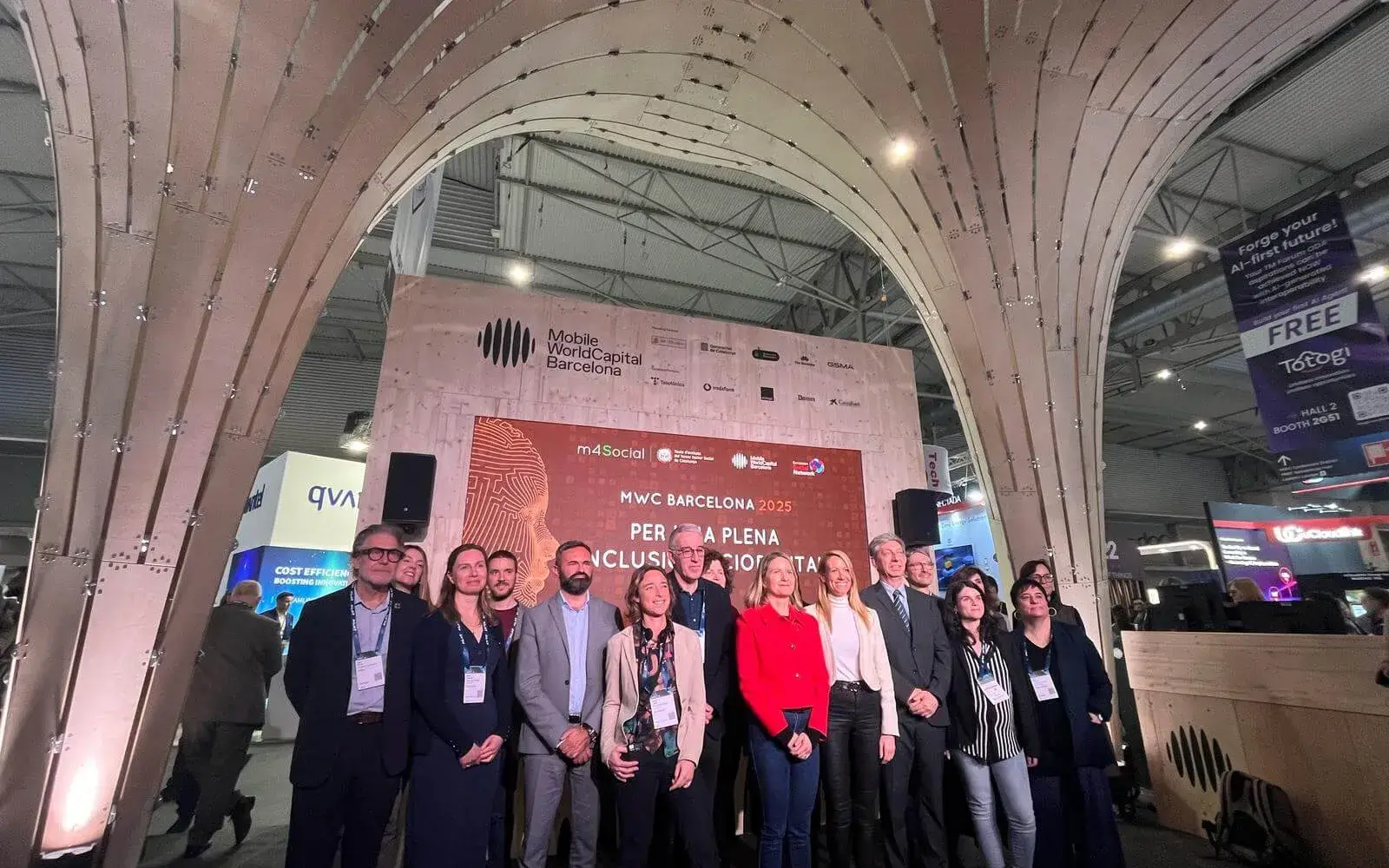
Add new comment